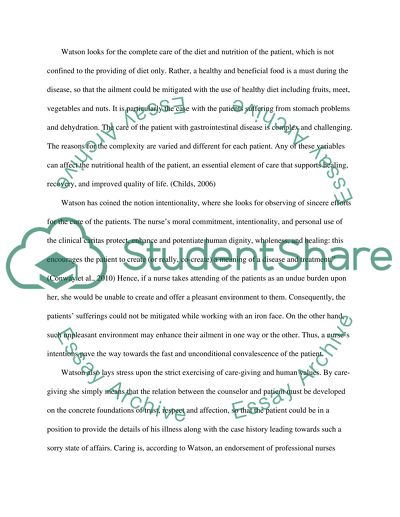Cite this document
(“Jean Watson's Theory of Caring Essay Example | Topics and Well Written Essays - 1500 words”, n.d.)
Retrieved from https://studentshare.org/nursing/1425029-jean-watson-s-theory-of-caring
Retrieved from https://studentshare.org/nursing/1425029-jean-watson-s-theory-of-caring
(Jean Watson'S Theory of Caring Essay Example | Topics and Well Written Essays - 1500 Words)
https://studentshare.org/nursing/1425029-jean-watson-s-theory-of-caring.
https://studentshare.org/nursing/1425029-jean-watson-s-theory-of-caring.
“Jean Watson'S Theory of Caring Essay Example | Topics and Well Written Essays - 1500 Words”, n.d. https://studentshare.org/nursing/1425029-jean-watson-s-theory-of-caring.


